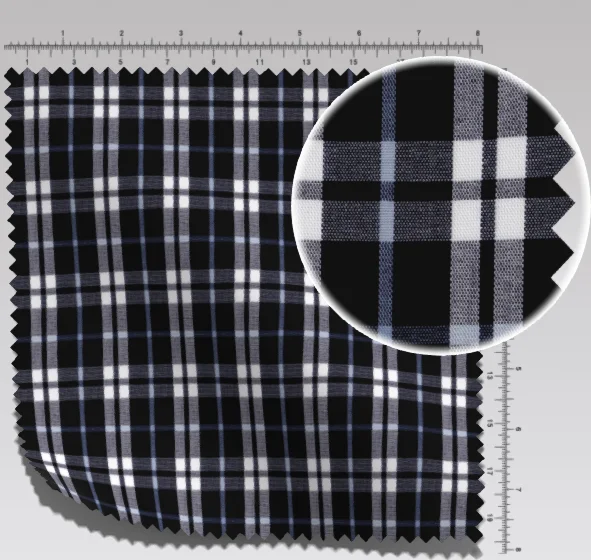Unveiling the Secrets of Commonly Used Seal Materials
2 min readSeal materials play a crucial role in various industries, ensuring the integrity and reliability of seals in different applications. In this forum post, we will delve into the world of seal materials, exploring their properties, applications, and advantages. By understanding the characteristics of commonly used seal materials, you can make informed decisions when selecting the most suitable material for your specific sealing needs.
- Elastomers:
Elastomers are widely used in sealing applications due to their excellent flexibility and resilience. Common elastomers include:
a) Nitrile rubber (NBR): NBR exhibits excellent resistance to oils, fuels, and hydraulic fluids, making it ideal for applications in the automotive and aerospace industries.
b) Fluoroelastomers (FKM): FKM offers exceptional resistance to high temperatures, chemicals, and fuels, making it suitable for demanding applications in the oil and gas, chemical, and pharmaceutical industries.
c) Silicone rubber (VMQ): VMQ possesses excellent heat resistance and electrical insulation properties, making it commonly used in the food and beverage, medical, and electrical industries.
- Thermoplastics:
Thermoplastic seal materials offer unique advantages such as high mechanical strength, chemical resistance, and dimensional stability. Some commonly used thermoplastics include:
a) Polytetrafluoroethylene (PTFE): PTFE is known for its exceptional chemical resistance and low friction properties, making it suitable for applications in the chemical, pharmaceutical, and food processing industries.
b) Polyurethane (PU): PU exhibits excellent abrasion resistance and elasticity, making it ideal for hydraulic and pneumatic sealing applications in industries such as construction and manufacturing.
c) Polyether ether ketone (PEEK): PEEK combines high-temperature resistance, chemical resistance, and mechanical strength, making it suitable for demanding applications in the aerospace, automotive, and medical industries.
- Metals:
In certain applications where extreme conditions are present, metal seal materials are preferred due to their high strength and durability. Some commonly used metal seal materials include:
a) Stainless steel: Stainless steel offers excellent corrosion resistance and is commonly used in applications involving high temperatures, pressure, and aggressive chemicals, such as in the oil and gas, petrochemical, and marine industries.
b) Copper: Copper exhibits good electrical conductivity and is often used in electrical and electronic sealing applications.
c) Aluminum: Aluminum is lightweight and offers good corrosion resistance, making it suitable for applications in the automotive, aerospace, and construction industries.
Conclusion:
Choosing the right seal material is crucial for achieving optimal performance and longevity in various sealing applications. By understanding the properties and applications of commonly used seal materials such as elastomers, thermoplastics, and metals, you can make informed decisions and ensure the success of your sealing projects. Remember to consider factors such as temperature, pressure, chemical compatibility, and environmental conditions when selecting the most suitable seal material for your specific application.



